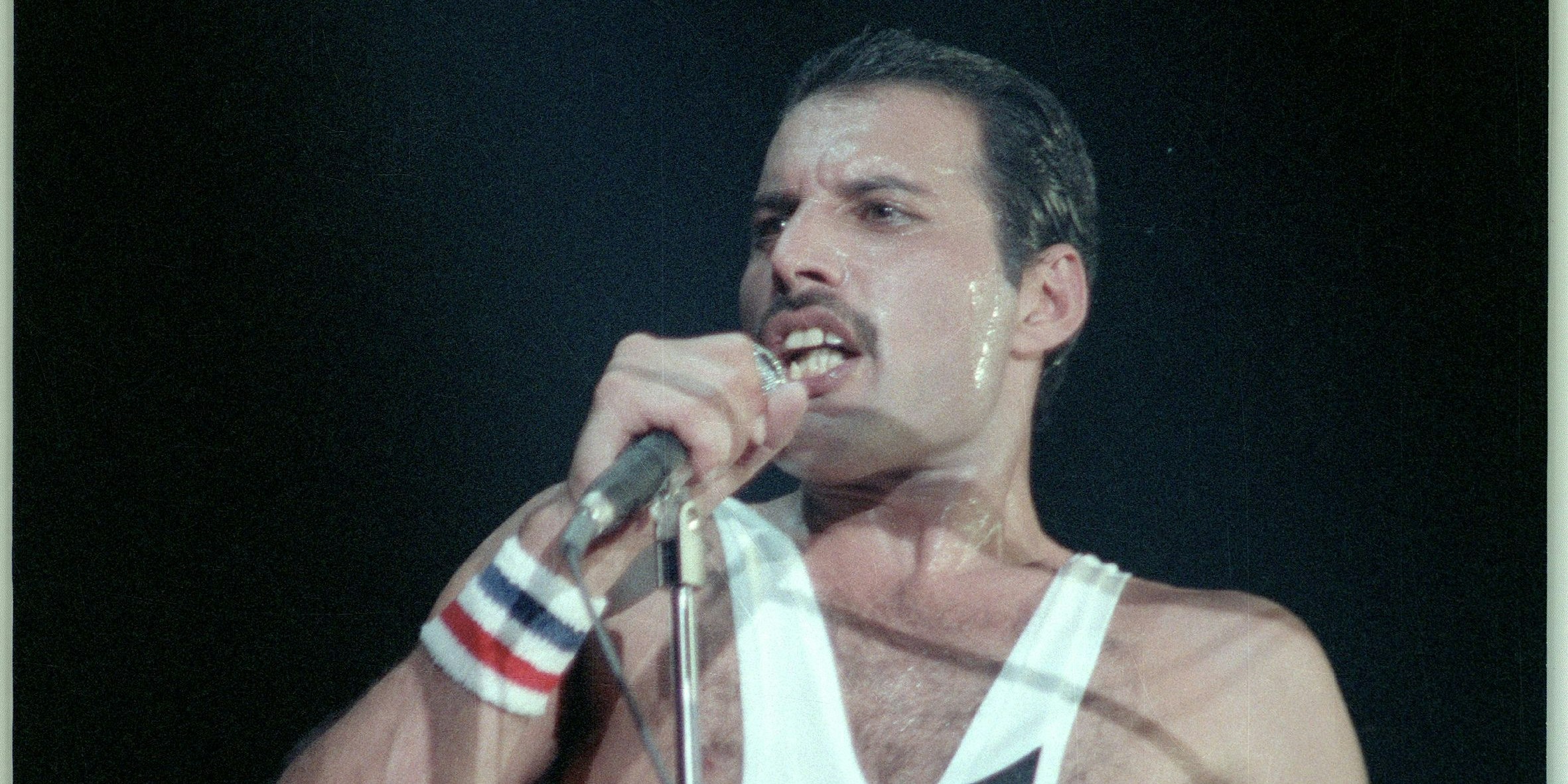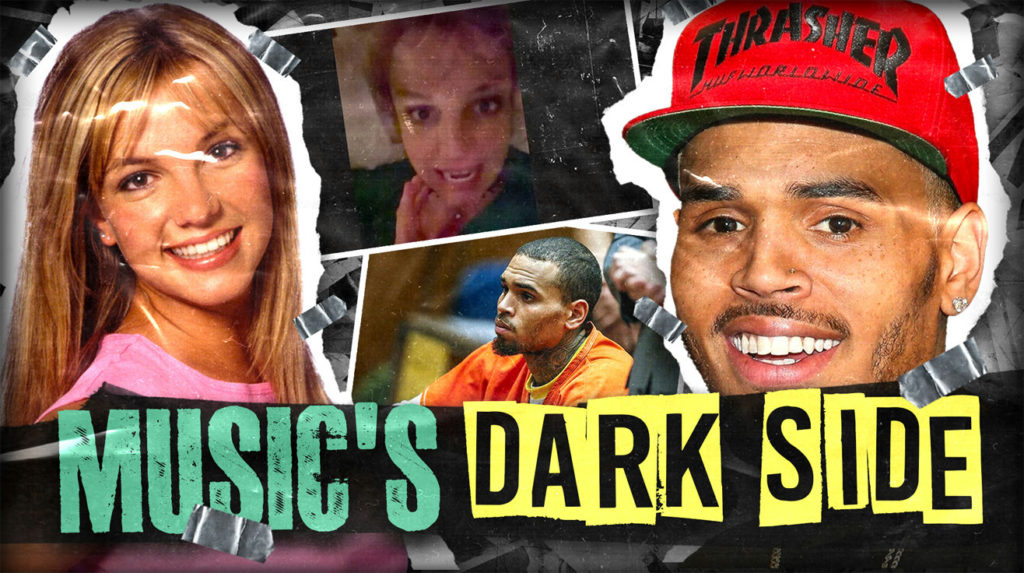
Behind every perfectly mixed track and choreographed music video lies an industry where truth gets auto-tuned out of existence. Music’s glossy veneer conceals uncomfortable realities that make soap opera drama seem refreshingly honest. From exploitation to toxic studio environments, these revelations force you to reconsider your relationship with artists who soundtracked your life. The beat goes on, but some stories never make it to the final mix.
10. Milli Vanilli Lip-Synced Their Way to Musical Purgatory
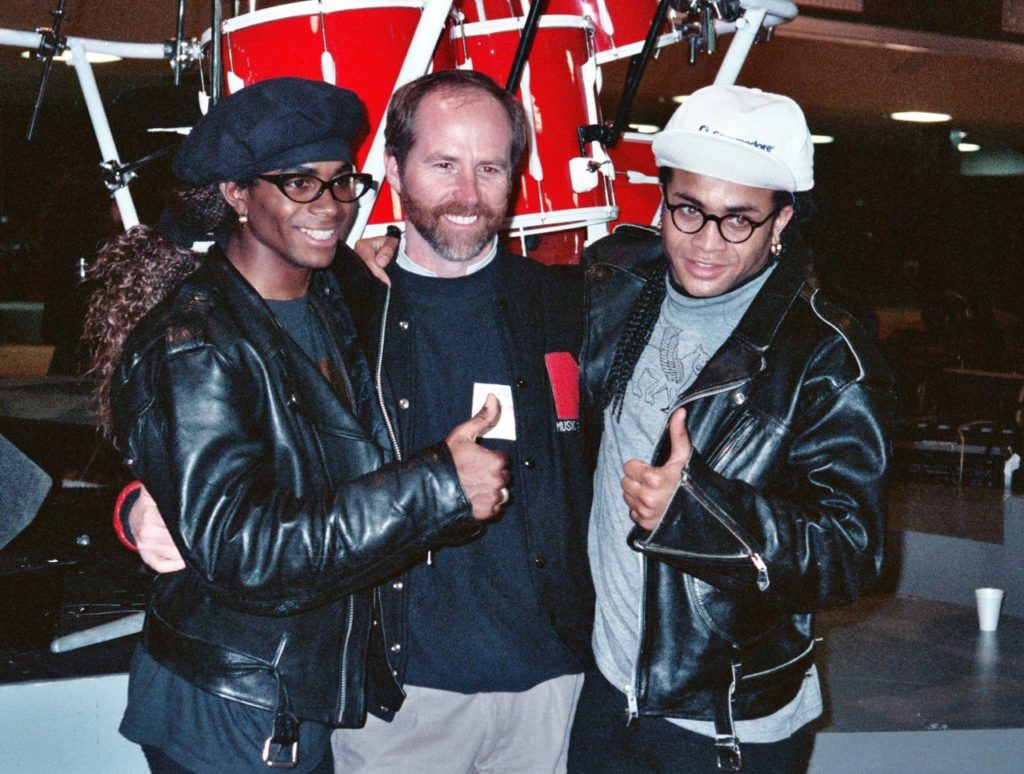
Nothing says “authentic artistry” like two guys who couldn’t sing their own hits if their careers depended on it. Which, plot twist, they absolutely did. Rob Pilatus and Fab Morvan became the industry’s ultimate cautionary tale about putting image over substance.
Their Grammy got revoked faster than a parking permit in downtown LA. The real singers remained anonymous while these two became synonymous with musical fraud. It’s like ordering a gourmet burger and getting served a picture of beef. The industry learned valuable lessons about transparency, then promptly forgot them during the auto-tune revolution.
9. Chris Brown’s Career Survived What Should Have Ended It
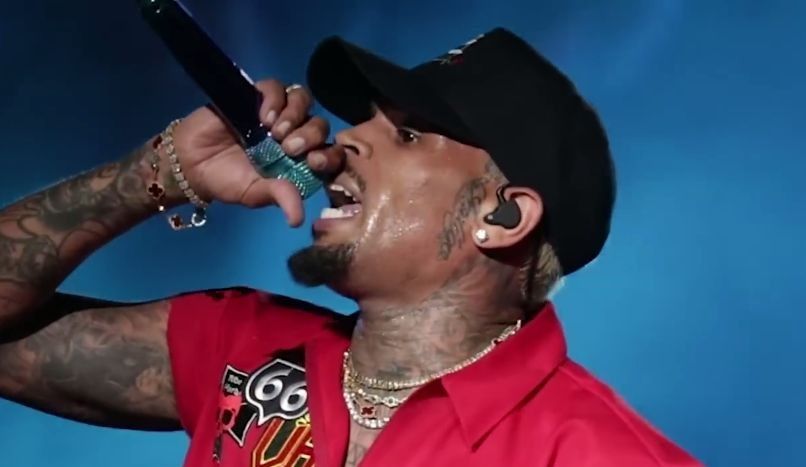
Some people collect vintage vinyl. Chris Brown collects restraining orders. His 2009 assault on Rihanna should have sent his career into permanent hibernation, but apparently the music industry operates on different moral mathematics than the rest of society.
His continued chart success proves that catchy hooks can override criminal records in ways that would make behavioral psychologists weep. Meanwhile, female artists get canceled for having opinions about their own music. The double standard hits harder than his documented right hand.
8. Britney Spears’ Conservatorship Was Legal Kidnapping with a Pop Soundtrack

Thirteen years of having your father control your career makes family dinner conversations particularly awkward. Britney’s conservatorship turned one of pop’s biggest stars into a legal prisoner who couldn’t buy a coffee without permission but could somehow perform Vegas residencies.
The #FreeBritney movement exposed how the industry treats female artists like malfunctioning robots instead of humans experiencing genuine struggles. Her liberation felt like watching someone finally escape an escape room designed by sadistic lawyers. The conservatorship industrial complex got more scrutiny than a TSA checkpoint.
7. Michael Jackson’s Legacy Became a Rorschach Test for Moral Flexibility
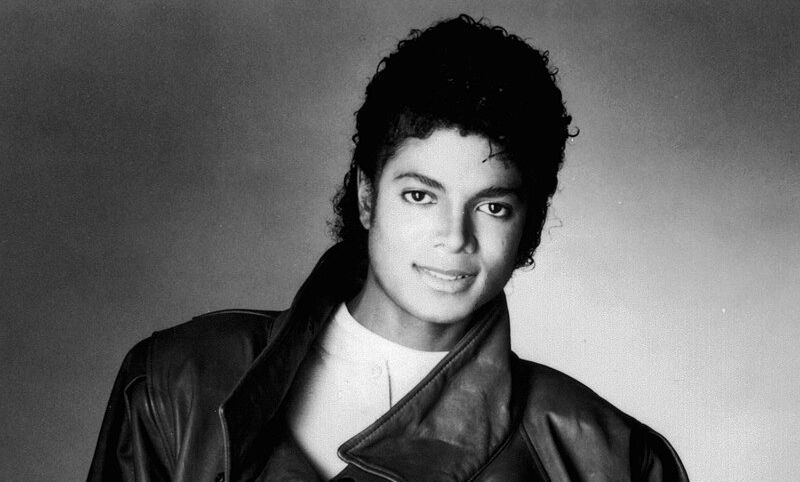
The King of Pop’s posthumous reputation swings between beloved icon and cautionary tale depending on which documentary you watched last. “Leaving Neverland” forced fans to choose between nostalgia and uncomfortable truth-telling about their childhood soundtrack.
Some people can still moonwalk to “Billie Jean” while others hear something entirely different in those lyrics now. His estate continues fighting allegations with the same energy he once brought to choreography. The cognitive dissonance sounds like a remix nobody requested.
6. Lou Pearlman Created Boy Bands Like a Ponzi Scheme with Harmonies
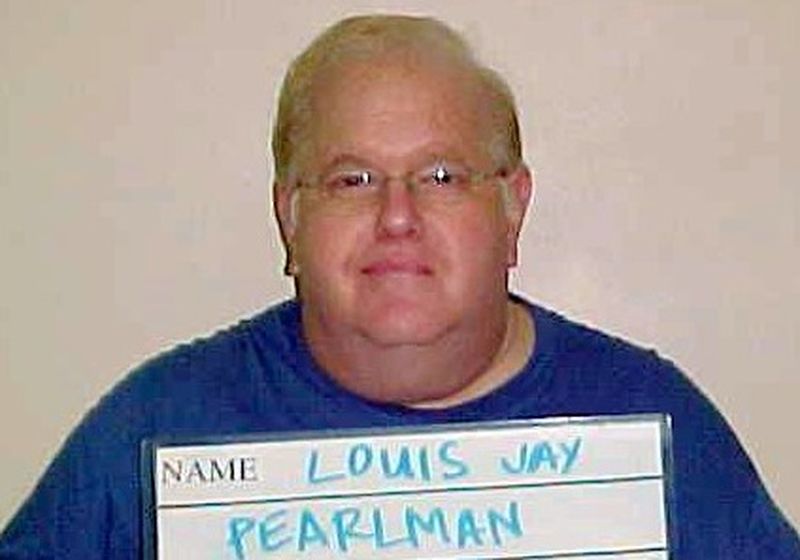
The man behind NSYNC and Backstreet Boys treated talent development like a get-rich-quick scheme with choreographed dance moves. Lou Pearlman’s financial crimes made his artists’ contracts look like generous charity work in comparison.
His Ponzi schemes defrauded investors of $300 million while paying his stars allowances that wouldn’t cover today’s Spotify subscription fees. The boys who made millions for others lived on pocket change and promises. It’s like discovering your favorite childhood candy was made from recycled disappointment and corporate greed.
5. Ryan Adams Turned Music Mentorship into Predatory Masterclasses

When a respected singer-songwriter offers career guidance, aspiring artists usually don’t expect the curriculum to include psychological manipulation and sexual coercion. Ryan Adams weaponized his industry influence like a guitar amp turned up to emotional destruction.
His pattern of targeting younger female musicians transformed recording sessions into trauma sessions. The indie darling’s reputation dissolved faster than sugar in acid rain. Multiple women’s testimonies created a chorus of accountability that finally overpowered his artistic credentials.
4. Marilyn Manson’s Shock Rock Wasn’t Just Performance Art

Turns out the guy who built his career on disturbing imagery was actually disturbing in real life too. Who could have predicted that someone who sang about violence might have anger management issues? Besides everyone with functioning pattern recognition.
Multiple abuse allegations revealed that his stage persona wasn’t character acting but rather truth-telling with better lighting. Marilyn Manson’s shock value transformed from artistic expression into criminal evidence. The goth community collectively decided they preferred their darkness fictional.
3. 6ix9ine Proved Snitching Can Be a Marketing Strategy
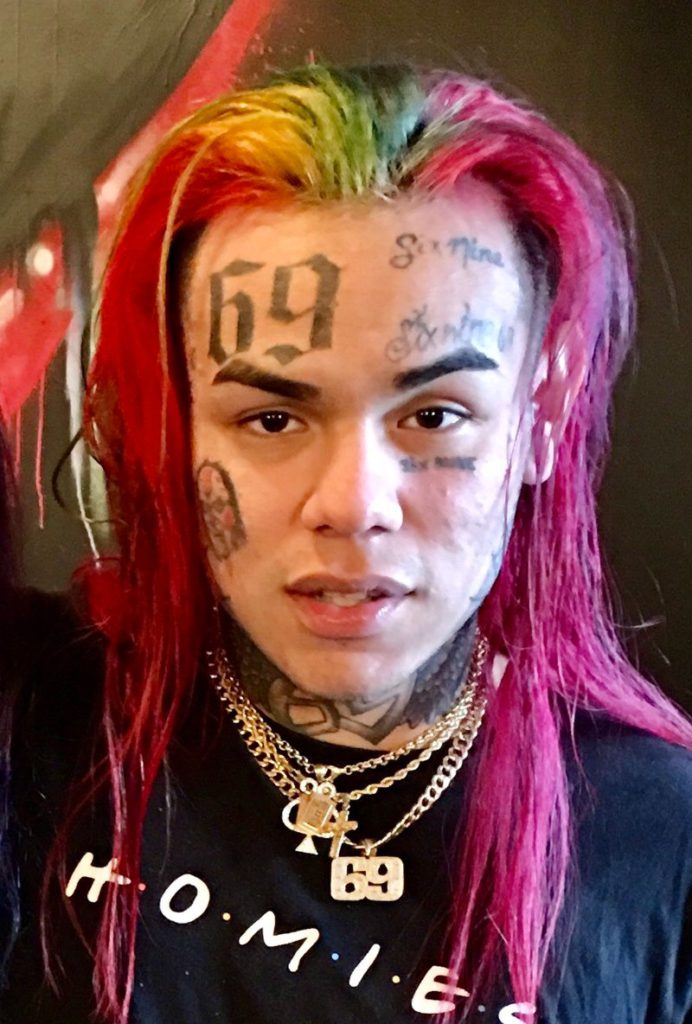
Rainbow hair and face tattoos typically signal rebellious authenticity, not federal cooperation agreements. 6ix9ine’s transformation from street credibility to government witness happened faster than his ascent to viral fame.
His cooperation with federal authorities against gang members made him rap’s most colorful informant. Street codes got traded for reduced sentences in a plea deal that would make experienced criminals dizzy. His post-prison career proves that in the streaming era, controversy converts to currency regardless of traditional hip-hop ethics.
2. Phil Spector’s Wall of Sound Included Literal Walls (Prison Ones)
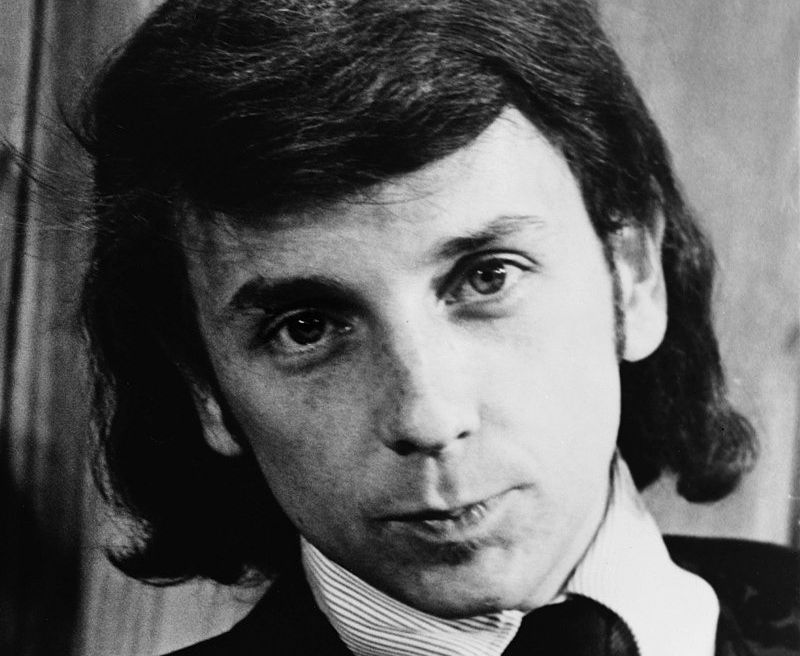
The man who revolutionized studio production also revolutionized how quickly genius can curdle into homicidal paranoia. Phil Spector’s innovative recording techniques couldn’t mask his deteriorating mental state and escalating violence toward women.
His 2009 murder conviction transformed his legendary studio sessions into crime scene evidence. Artists who worked with him faced the uncomfortable reality that their classic albums were created by someone capable of killing. It’s like discovering your favorite restaurant’s secret ingredient was existential dread.
1. R. Kelly’s “Pied Piper” Persona Wasn’t Just a Stage Name

When someone calls themselves the “Pied Piper of R&B,” maybe we should have paid attention to the fairy tale’s ending. R. Kelly’s decades-long pattern of abuse toward young women turned his smooth vocals into evidence tracks. The man who crooned about believing he could fly apparently believed he could escape consequences too.
His 2021 conviction transformed countless wedding playlists into awkward DJ moments. Radio stations pulled his catalog faster than you’d delete an embarrassing tweet. The industry’s collective amnesia about his behavior finally cracked when survivors found their voices louder than his auto-tune.










